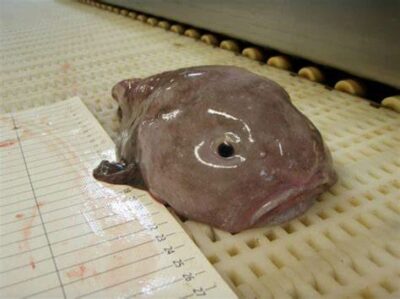LESSON 2.3
Audiences
When we write, we must be organized so our readers can understand us easily.
Audience
The following are audiences we usually should not write for:
- Our teacher
- Our parents
- Our classmates
- Our friends
We can communicate with such people by talking to them in person, by telephoning them, or by texting them.
Adults
Unless you are told otherwise, always assume you are writing for adults. That way, you will be ready to write for adults once you’re older (assuming you’re not an adult already ).
Adult Strangers
The adults should be strangers to you. If they are people you know, then assume they are strangers. That way, you will be more complete in what you have to say.
What All Adults Have in Common
 Almost all adults have one thing in common: They are busy.
Almost all adults have one thing in common: They are busy.
Since they are busy, they do not want to read about what they already know a lot about. It’s a waste of their valuable time.
An Example
Let’s say you were asked, If you could be any wild animal, what would you be? Perhaps you answered like this:
 If I were any wild animal, I would be a(n) ….
If I were any wild animal, I would be a(n) ….
Cheetah
Eagle
Giraffe
Grizzly bear
Lion
Monkey
Panda bear
Polar bear
Rabbit
Shark
Zebra
Which one is best to write about?
The answer? None of them.
You are writing for an adult stranger. You can assume that nearly all adults already know quite a lot about most animals named above. Sure, you might tell the reader something new, but for most people, reading about those animals would be a waste of time. And time is precious.
A Good Subject
Always select a subject that you feel the audience—
- Knows little about
AND
- Will find interesting
Another Example
Here are some subjects that readers are likely to know little about and that are likely to be interesting:
But What Is Interesting?
How do you know what the audience (a) will know little about and (b) will find interesting?
You don’t know. Not for certain, anyway.
The answer, though, goes way back to the Ancient Greeks. They said it’s all based on common sense. For example, which is the audience less likely to know much about?
- A lion
- An ice worm
It’s an obvious answer. But are ice worms interesting?
They live inside glaciers. In the ice. And scientists don’t know exactly how they do it.
Will all potential readers find that to be interesting? No. But common sense tells us that most readers probably will. And so it’s a good subject.
Small Group Activity
Make a list of pets you feel readers would not know much about.
Writing About What We Find Interesting
Students often mistake subjects that they find interesting for what audiences find interesting. For example, perhaps you listed, “my dog, Spot” as a pet that readers would not know much about. However, unless Spot has done something extraordinary, they are unlikely to care about him, since he is only one pet among the billions worldwide.
Small Group Activity
Delete any types of pets from your list that readers are already likely to know about.
Individual or Small Group Activity
Complete the exercises: Barbados
St. Lucia





